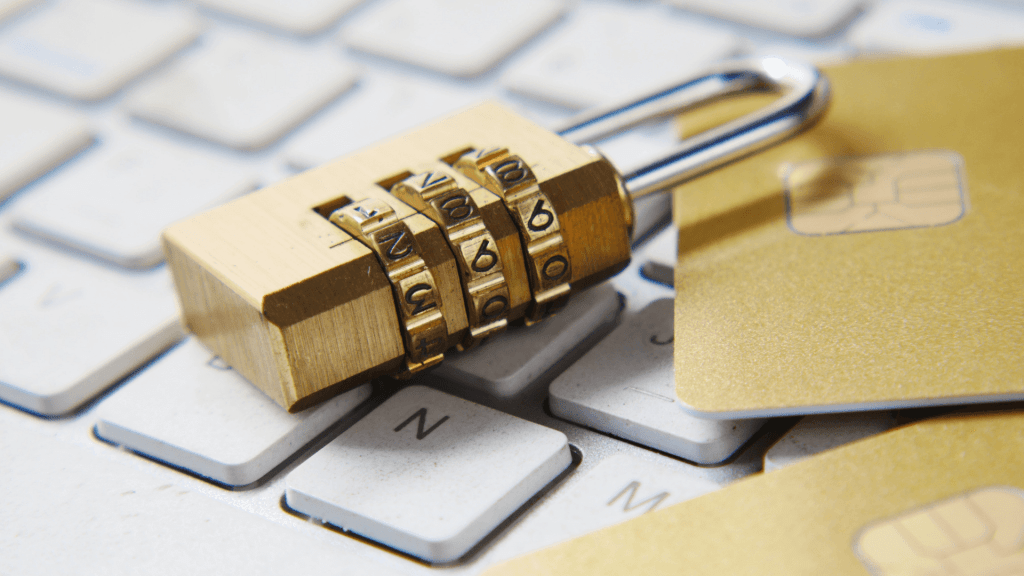Company dedicated to computer forensics.
Company dedicated to computer forensics.
What is the objective of computer forensics?
Computer forensics is a branch of computer science responsible for analyzing and searching for digital evidence that can be used in investigations and legal proceedings.
In the business environment, computer forensics can be of great help in investigating fraud, information theft, defamation, harassment, and other cybercrimes that may affect the company.
When such a cyber attack occurs, the forensic expert focuses on the evidence of “latent data” or “ambient data”, as it is difficult to see and access.
This data includes information found in computer storage, information that both the operating system and software applications cannot easily see, intentionally deleted information that can be found in unassigned spaces on the hard drive, file sharing or space between existing files, and cache.
Types of computer forensics

IN OPERATING SYSTEMS
Consists of recovering useful information from the system in order to obtain evidence against the perpetrator. Understanding an operating system and its file system is necessary to recover the data

IN NETWORKS
An analysis is carried out of network activities that have occurred in order to discover sources of attacks, viruses, intrusions, or security breaches that flow with network traffic.

IN MOBILE DEVICES
Seeks to recover digital evidence or relevant data from a mobile device. Precise rules are needed to seize, isolate, transport, and store digital evidence originating from mobile devices securely.

IN THE CLOUD
Focuses on collecting digital forensic information from a cloud infrastructure. One must rely on the cloud provider’s ability to deliver digital forensic data in case of any legal dispute.
In what cases is computer forensics applied?

INTELLECTUAL PROPERTY THEFT
This type of action is considered a crime and can have legal consequences, such as fines and sanctions. In addition, piracy can seriously harm the economy of authors and cultural industries.
LABOR DISPUTES
Internal conflict can also arise due to disagreements in decision-making or due to a lack of effective communication in the company.


INVOICE OR COMMISSION FRAUD
Phishing is a social engineering technique that impersonates a company or service with the aim of obtaining personal information or money.
COUNTERFEITING
Consists of benefiting from different brands to reproduce or use their goods and services for commercial or malicious purposes.


INAPPROPRIATE USE OF EMAIL
This employer’s right includes the possibility of monitoring the use of workers’ email in order to ensure that company security policies are followed and to avoid any type of inappropriate use that could jeopardize the security of business information
ORGANIZATIONAL COMPLIANCE
Compliance with forensic investigation rules and procedures is essential to ensure the integrity and legality of the evidence obtained during the investigation. In this way, the reliability and validity of the evidence obtained can be guaranteed for use in legal proceedings

Investigation process in digital forensics: analysis of digital evidence
PRE-INVESTIGATION
INVESTIGATION
POST-INVESTIGATION
Why trust in digital forensics?
Nowadays, the value of data is very important and sensitive, it is crucial to protect it and that is why digital forensics has become a great safe conduct.
There are many ways to hinder the work of the forensic investigator, but to avoid them becoming a problem, the investigator has their own tools to carry out their digital forensic analysis.
Some of these tools used by the investigator may be capable of performing tasks such as filtering file comparisons, locating different routes, analyzing data systems, creating images…
Something that companies must keep in mind to reduce all kinds of errors or any security breaches is the need to establish a good security policy for all users who use information systems.
